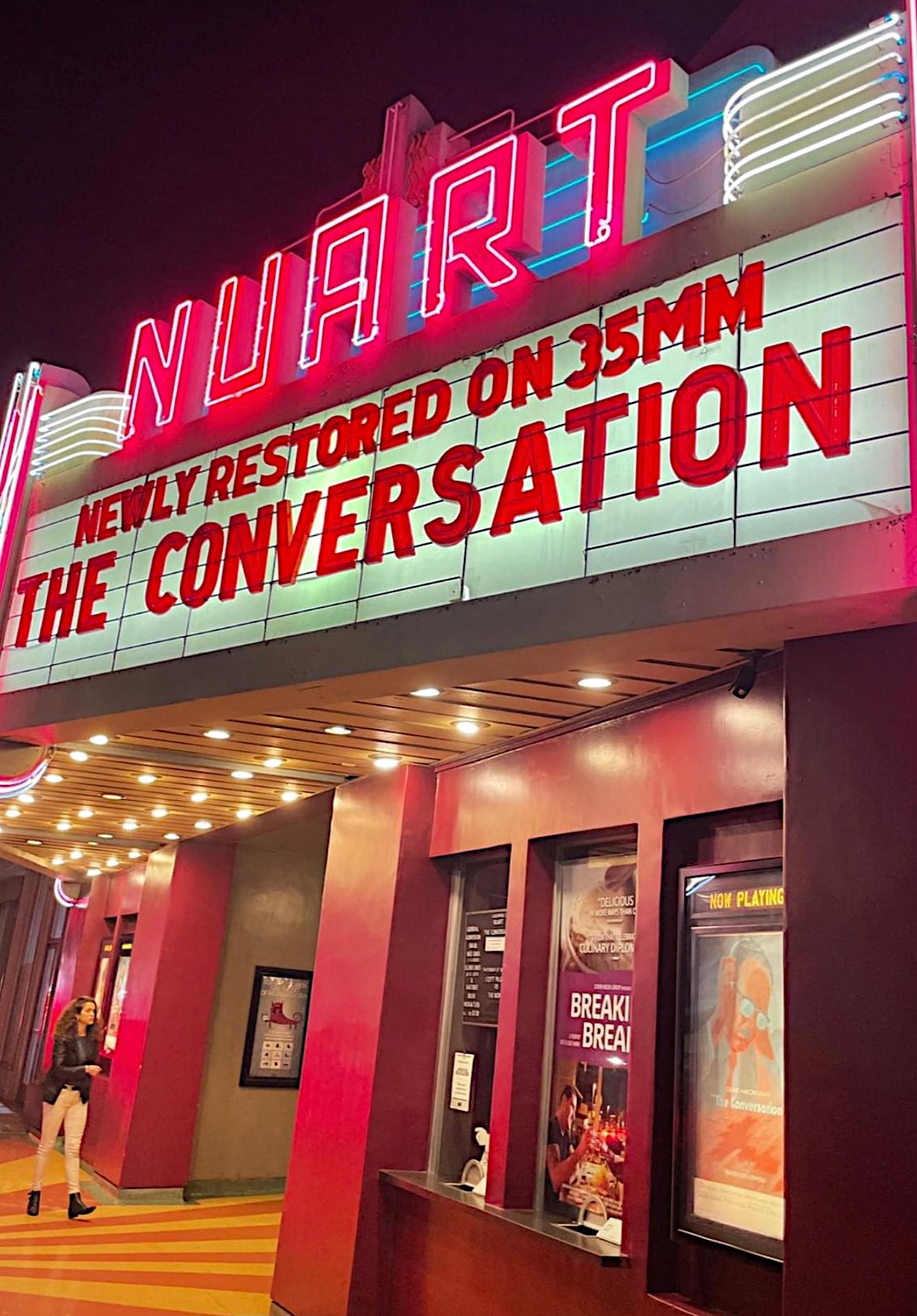Herewith an unverified and highly suspicious copy of a statement allegedly prepared or first-drafted by CNN honcho Jeff Zucker…prepared but never released:
“For 20 years I have been closely allied with Allison Gollust, CNN’s executive vp and chief marketing officer and one of the highest-ranking leaders of the network, totally involved in all major business and communications decisions. Anyway we were CNN colleagues and allies for a long time, and at a certain point and with both of us divorced we added physical intimacy to the mix. And to that I say two things — ‘big fucking deal’ and ‘what’s it to ya?’

“Seriously, it’s really none of your damn business. I can use the high, hard option to consecrate any relationship with any consenting and unattached adult on the face of the planet, inside or outside of the company, and in a perfect world CNN stockholders would have nothing to say about this. Private boning is not an activity for public sharing or examination.
“It used to be just Allison and I, thick as thieves, conferring about everything. And then there was suddenly a third presence — i.e., Mr. Happy.
I shouldn’t have to state the obvious, but I’ll say it anyway. Mr. Happy had nothing to say about CNN strategies and administrative policies. He has his own agenda, an agenda that has zip to do with the fortunes or visions of CNN or the satisfaction levels of the viewing audience, and so I, Jeff Zucker, decided to keep his presence on the down-low.
“What difference could this make to viewers or shareholders? Power couples, married or not, have long indulged in sexual affairs to fortify and solidify their power within a given company or situation, and I mean for centuries. We were collaborators and mutual consultants for years, and then we added heavy breathing to our activities. BIG FUCKING DEAL.”
Whatever the validity of this alleged statement, Zucker has resigned from CNN because of the Mr. Happy factor.













